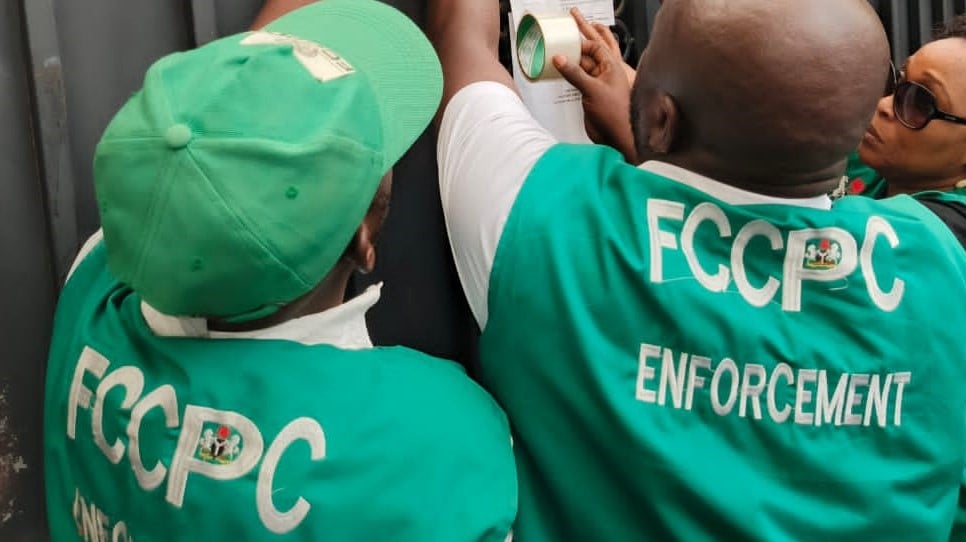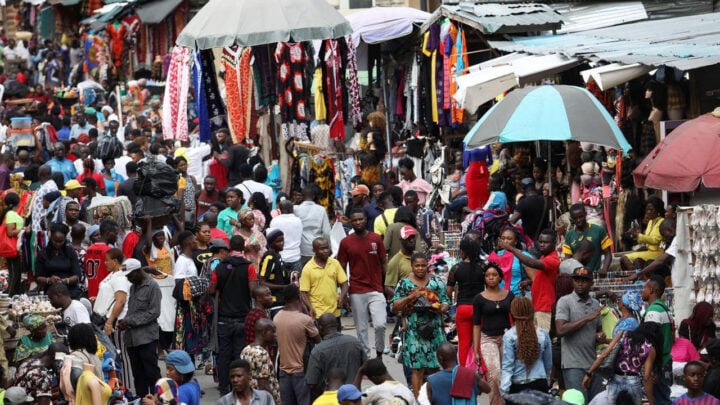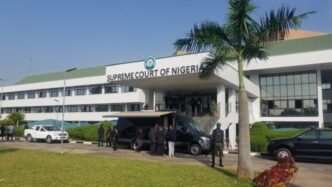A look at recent actions from federal regulators in Nigeria suggests that the country is entering a promising new chapter in the area of consumer protection.
In 2023, the Nigerian Electricity Regulatory Commission (NERC) introduced its ‘Customer Protection Regulations’ – which sought to “consolidate existing regulatory instruments of the Commission on the protection of customers in the Nigerian electricity supply industry into one regulatory instrument.”
In 2023, a major multinational operating in the country agreed to pay the Federal Competition and Consumer Protection Commission (FCCPC) a sizable penalty of $110 million for, among other things, violating public health control regulations. A record enforcement in the fast-moving-consumer-goods space in Nigeria.
In July 2024, the Nigerian Communications Commission (NCC) published a revised ‘Consumer Code of Practice Regulations’, a comprehensive document establishing minimum standards to be followed by operators in the provision of telecom services and related consumer practices. The Regulation contains various measures and information focused on protecting consumers against unfair practices of telecom service providers.
Advertisement
In September, the Nigeria Civil Aviation Authority (NCAA) launched a Consumer Protection Portal (CPP), to “offer a wealth of resources, including guidelines on consumer rights, tools for reporting grievances, a source for data referencing for the purpose of research and development for informed decision-making, improved services and ultimately, support to Nigerian aviation consumers and the industry.”
And then in October the NCC announced the commencement of “pre-enforcement action” against the internet provider, Starlink, stating that the licensee “unilaterally” increased subscription prices without the approval of the Commission. A commendably strong signal that the interest of the consumer is paramount to the Commission.
This emerging pattern of a ramping up of actions designed to protect consumers is most welcome – and necessary. There’s no doubt that the emergence of the FCCPC in early 2019 – following the passage and presidential assent of the Federal Competition and Consumer Protection Act – has marked a turning point in this regard.
Advertisement
The new legislation not only expanded the mandate of the Consumer Protection Council (as it was then known), to cover anti-competitive behavior, it also gave added bite to its existing mandate.
The increasing focus being seen on deepening the culture of consumer protection has followed in this wake, and public sector agencies like the FCCPC, NCC, NERC and others are boldly leading what appears to be the dawn of a service revolution in Nigeria’s public sector.
The NCC’s revised Consumer Code of Practice Regulations is particularly worthy of some attention, considering the ubiquity of telecoms products in the country.
The Regulation clearly outlines what telecoms consumers should expect and demand from operators. Among other things it expressly states that advance warnings be provided to consumers in the event of anticipated service disruptions. Of course there is also the acknowledgement that not all disruptions can be anticipated, and allowance is duly made for this.
It also makes it mandatory for operators to provide specific information to consumers regarding compensation or refunds where contracted quality service levels are not met.
Advertisement
The Regulation insists on very high levels of transparency and clarity in the language used in agreements, promotions, warranties, billing, and so on. It should not be difficult to know how to cancel a contract, or to know in advance what fees or penalties might apply. In its words, licensees “shall respond within 96 hours to consumer requests for information on their services.”
Access to a detailed bill or statement is meant to be timely and at no cost to consumers. So you should be able to ask your telco to supply a statement the same way that the banks are able to. It also prescribes that service providers must make ‘directories’ available to consumers on request – at a fee. There’s a caveat here, consumers can opt-out of being listed in a directory, which makes sense, for privacy reasons.
Persons living with disability, special needs and the elderly are not left out – the Regulation mandates service providers in the telecoms space to offer priority service to this category of consumers and provide communication in useful formats, like large print and braille for the visually impaired.
The NCC has also in 2024 published a revised “Type Approval Regulations” aimed at improving the operational quality of communication networks, focusing on such issues as interoperability, safety, equipment standards, efficient use of frequency spectrums, and others.
Advertisement
Each new consumer regulation or portal that emerges is a leap forward for Africa’s most populous country and biggest consumer market. But there’s no doubt that enforcement of these various guidelines is key. The effectiveness of rules lies in consistent enforcement, including the consistent and determined application of sanctions in cases of default.
Another critical element is consumer sensitization – the people being protected must be aware of the protections that exist, so that they can boldly invoke these protections and expect action, and redress where necessary.
Advertisement
Very importantly, the consumer protection conversation cannot be one-sided. As much as consumers have inalienable rights, and need to be protected, they also have obligations to service providers – to be responsible users, avoiding the illegal use of platforms and services, and so on.
The Regulation makes it clear that a practice like racking up unpaid bills on one telecom operator network and then abandoning that network to start afresh on another telco is illegal. (In this case the network operator is allowed to deploy “any legal means” to recover the debt).
Advertisement
Complementing the consumer code is a presidential executive order that President Tinubu assented to in July 2024, designating telecommunications infrastructure in Nigeria as “critical national infrastructure” – which means that any unauthorized, illegal or malicious use of anything so designated will invite decisive sanction. This balancing of rights and responsibilities is the ideal approach.
Reinforcing the principle and spirit of this necessary balancing is the new Nigerian Values Charter, approved by the Federal Executive Council (FEC) in September 2024. The Charter can be regarded as a ‘Consumer Code of Practice’ in its own right, where the “consumer” is every citizen of the Federal Republic of Nigeria, and the “operator” is every government in the land – Federal, State and Local.
The Charter, which will be formally launched soon, spells out very clearly what governments owe citizens (“core promises”) and what citizens in return owe governments (“commitments”); reinforcing the spirit of reciprocal responsibility that underlies all of the consumer codes and regulations being issued by the various regulators.
Advertisement
One very much hopes that this new era of deepening attention to and amplification of the complementary rights and responsibilities of consumers and citizens is here to stay in Nigeria, and that we will quickly begin shifting the focus and energy towards bold implementation and enforcement, ensuring that violations are penalized promptly and decisively, and that redress is readily and transparently available to all parties and in all instances.
Views expressed by contributors are strictly personal and not of TheCable.
Add a comment











